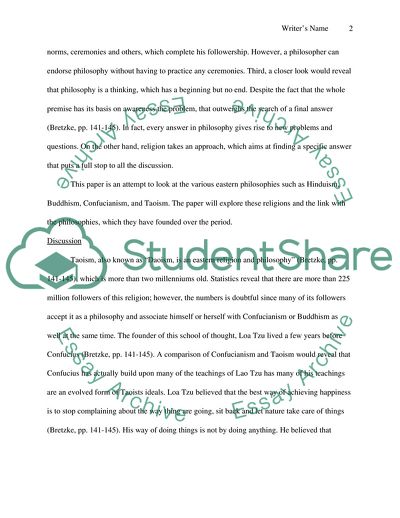Cite this document
(History of Eastern Philosophy Report Example | Topics and Well Written Essays - 1250 words - 1, n.d.)
History of Eastern Philosophy Report Example | Topics and Well Written Essays - 1250 words - 1. https://studentshare.org/philosophy/1753272-history-of-eastern-philosophy
History of Eastern Philosophy Report Example | Topics and Well Written Essays - 1250 words - 1. https://studentshare.org/philosophy/1753272-history-of-eastern-philosophy
(History of Eastern Philosophy Report Example | Topics and Well Written Essays - 1250 Words - 1)
History of Eastern Philosophy Report Example | Topics and Well Written Essays - 1250 Words - 1. https://studentshare.org/philosophy/1753272-history-of-eastern-philosophy.
History of Eastern Philosophy Report Example | Topics and Well Written Essays - 1250 Words - 1. https://studentshare.org/philosophy/1753272-history-of-eastern-philosophy.
“History of Eastern Philosophy Report Example | Topics and Well Written Essays - 1250 Words - 1”. https://studentshare.org/philosophy/1753272-history-of-eastern-philosophy.


